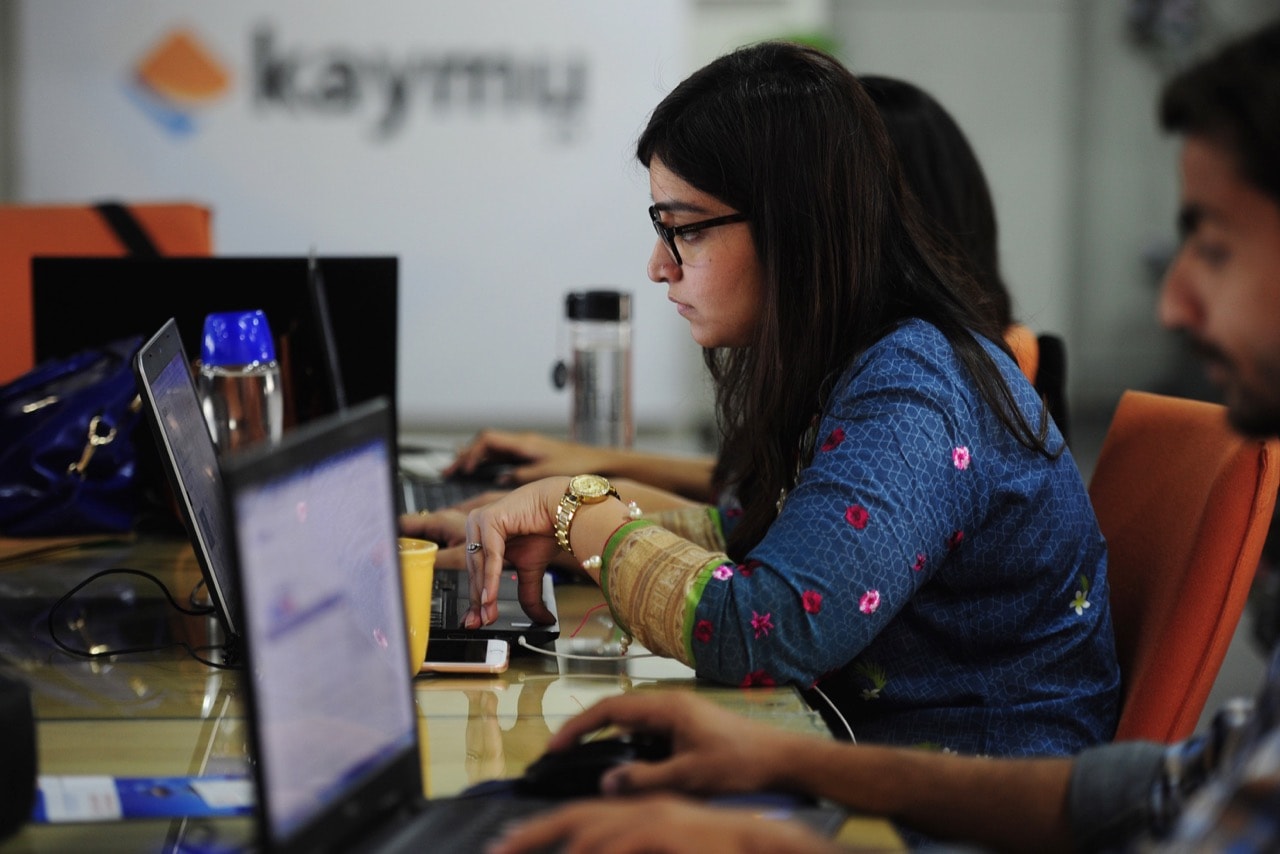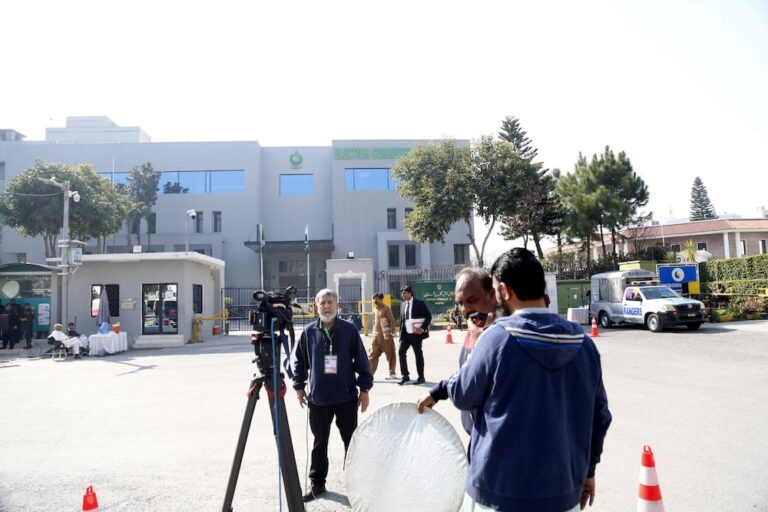A new Bytes for All report warns about the "Dangers of Digital Surveillance".
This statement was originally published on bytesforall.pk on 21 March 2018.
Mass surveillance of digital communications of journalists and human rights defenders (HRDs) is resulting in self-censorship in Pakistan, reveals Bytes for All, Pakistan’s new research titled, Dangers of Digital Surveillance.
The report, based on the data collected through a survey and case studies, presents an in-depth alarming account of trends and threats forcing journalists and HRDs to self-censor in carrying out their work. Where digital surveillance reveals the identity of journos and HRDs working on sensitive cases, it also reveals the identity of sources and whistleblowers, whose life and well-being can be under severe threat due to this disclosure.
The report maintains that over 50% of journalists consider digital surveillance as a reason of intimidation for them and credible life threats to their sources. According to the report, around 63% respondents informed that they had to self-censor sensitive information from their stories or research for fear of being surveilled and reprisal.
Despite the fact that the majority of journalists and HRDs were aware of different forms of digital surveillance, only 33% had some knowledge about the legal frameworks governing surveillance in Pakistan. Around 87% respondents of the survey believed that it is the state institutions, which are the perpetrators and behind this digital surveillance spree.
“Too many violent crimes are being reported from all over the country against journalists and human rights defenders ranging from intimidation, killing, torture and enforced disappearances. Unfortunately, it is a prevalent culture of impunity where the perpetrators go scot-free and the victims do not get justice, resulting in self-censorship and an increased climate of fear,” says Shahzad Ahmad, Country Director, Bytes for All, Pakistan.
The report calls on the legislature to immediately revisit anti-privacy sections in the Prevention of Electronic Crimes Act 2016 and the Investigation for Fair Trial Act 2013, which permit state institutions to carry out an arbitrary and disproportionate interception of communications by journalists and HRDs.
There is an urgent need that the government should fulfil its international obligations to protect the lives and livelihoods of journalists and human rights defenders.
The report also demands that the state should promote and facilitate the use of encrypted communications in order to ensure the safety and security of digital communications, and immediately introduce independent oversight mechanisms to prevent the misuse of laws governing digital surveillance in the country.
The policy recommendations in the report may help mitigate the challenges related to self-censorship and enable a fearless work environment for journalists and human rights defenders in Pakistan.



